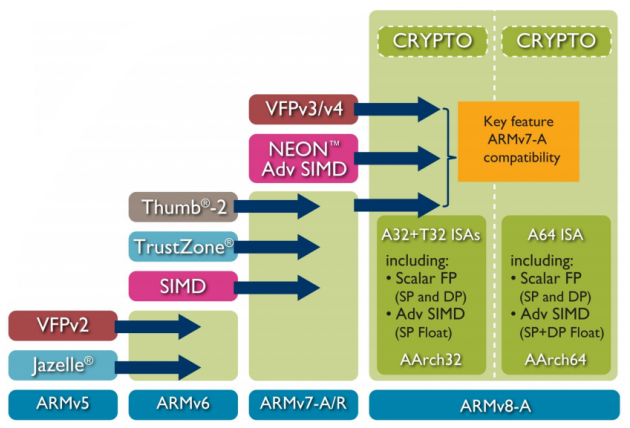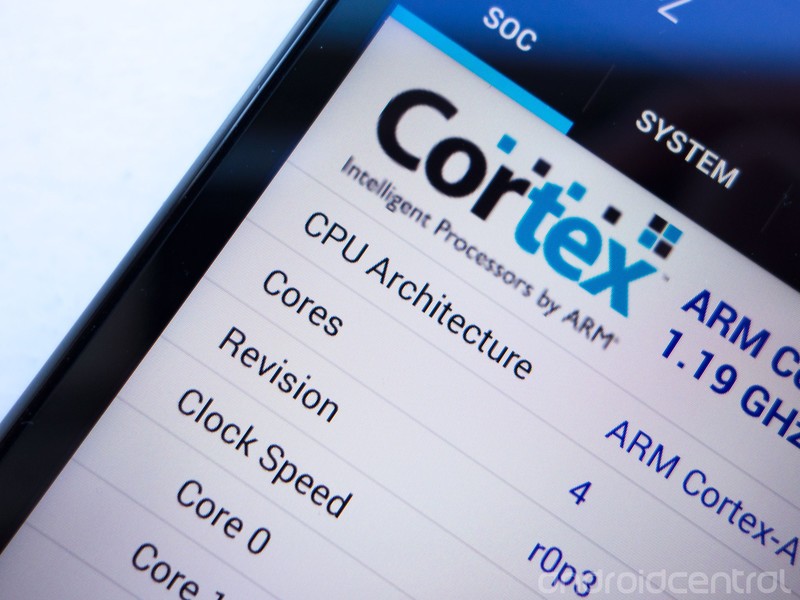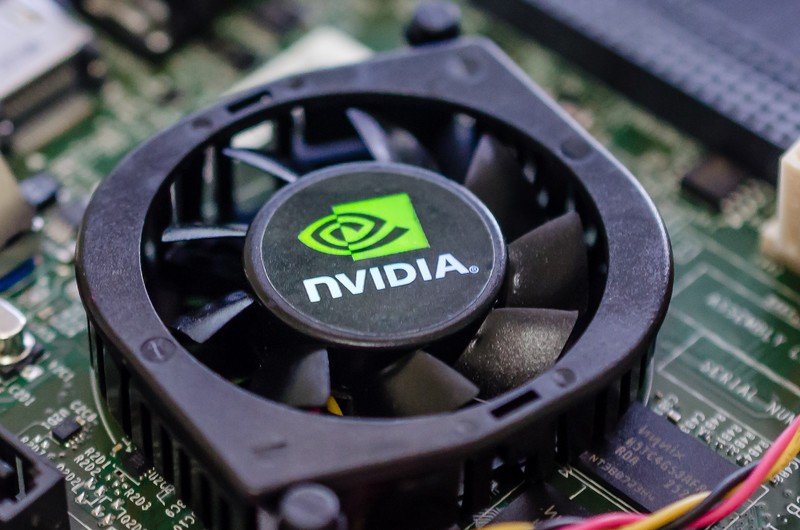Why 64-bit processors really matter for Android

It's not really about the bits, but the new ARM-based processors will make a difference
One of the biggest buzzwords of 2014 when it comes to mobile hardware is "64-bit." It gets thrown around like some sort of magic that makes everything about your smartphone or tablet better. It has to be better, because 64 is more than 32, right?
The fact is, that while 64-bit processing has both advantages and drawbacks when used in something like a smartphone, the hardware that supports it can make a major difference because of other new manufacturing processes. While using these new chips is also a bit of future-proofing as Android itself and third-party software moves towards 64-bit, the tangible and more important changes come with the new ARMv8 chip architecture.
There's plenty out there for folks who love to pore over white papers and look at diagrams and flowcharts, but for the rest of us — who really only care that these new 64-bit processors are better — things get more confusing. We love to get technical sometimes, but I think we can break things down for the folks who just want an overview without talking about registers and SMID and bandwidth.
Let's do that.

For starters, we're talking about chips based on the new ARM AArch64 architecture. Other companies, like Intel, have developed their own 64-bit architecture for use in smartphones, but most companies will license ARM's spec for their chip design. Some, like NVIDIA or Qualcomm for example, will expand on ARM technology with some of their own IP to make their design even better. In any case, this new architecture, whether it's only the ARM spec or it includes other proprietary changes, will do two things — optimize for performance and use less battery to do the things we want our mobile devices to do.
When you get to the nitty gritty, that's what all the latest advancement in mobile CPUs are about. We have more then enough raw power to do anything we need to do on a mobile device, so we need to optimize it and make it more battery friendly. New features are always great, and for sure we'll see them used in the near future, but what we want is for our phones and tablets do do things better and use less juice while doing them.
new chips can do the things we want our mobile devices to do
The thing is, it's not necessarily the move to a 64-bit architecture that allows for the improvements we want. Yes, 64-bit is a big part of the future of mobile hardware and applications, but with the majority of user-software still 32-bit, the new chip features aren't being used. In fact, these apps don't even "see" the new features because they weren't coded for any of them. And for heaven's sake — stop saying the big deal about 64-bit hardware is the ability to use more than 4GB of RAM. That's just one of the more minor features of the architecture, and pales when compared to things like the ability to fetch more data per cycle — which will allow for things like TouchWiz to be as "fast" as AOSP. For reals.
Be an expert in 5 minutes
Get the latest news from Android Central, your trusted companion in the world of Android
stop saying the big deal about 64-bit hardware is the ability to use more than 4GB of RAM
The really big deal, which Alex and I wandered into in a recent episode of the Android Central Podcast, it the move to ARMv8 on these 64-bit chips. I reached out to NVIDIA — a company pretty familiar with 64-bit ARM processors and rumored to be the Android L launch partner — and this is what they had to say when I asked why the new 64-bit chips are important to Android:
Nearly all mainstream and high-end consumer notebook and desktop CPUs transitioned to 64-bit many years ago, and for good reason-- they afford higher performance for applications coded to use the 64-bit features, and larger memory addressing for the operating system and multiple applications.
For Android, the story is not simply 64-bit, but really more about the new ARMv8 Architecture. In addition to enabling 64-bit applications, ARMv8 brings a host of improvements in power efficiency as well as performance that have a direct and significant impact on nearly every 32-bit Android application in the market today.
Google announced at this year's I/O conference that the next version of Android – "L" - will offer 64-bit CPU support. In fact, NVIDIA is already developing L on our 64-bit Tegra K1 mobile processor, which includes our custom-designed Denver CPU.
Denver is an amazing CPU - and the first 64-bit CPU for Android. It completely outpaces the other ARM mobile offerings. Each Denver core is a 7-way superscalar processor internally– rather than 3-way seen in many ARM-based chips - and with much larger caches. Denver is the highest performance mobile ARM CPU ever created – it's designed for the highest single CPU throughput and will be coming to devices later this year."
— Nick Stam, Director of Technical Marketing at NVIDIA

And it's not just NVIDIA that will be building chips that have the potential to rock our socks off. ARM has two processors that use the v8 spec — the Cortex-A53 and the Cortex-A57. These are pre-built processors, and can be used as-is in any SoC from any manufacturer. While NVIDIA and Qualcomm and Samsung will be building the spec out into something more — and potentially better — other companies can drop these right in and enjoy the benefit. That means we can enjoy the benefit, too. With companies like Huawei building their own chips now, or OEM's using MediaTek SoCs, even the entry-level smartphone will benefit from the move to ARMv8.
the story is not simply 64-bit, but really more about the new ARMv8 Architecture
I'll dig past the rumors and nonsense about what's next for Android and cut right to the chase. We're going to see 64-bit Android L on brand new hardware soon. Some of it will be using 64-bit ARMv8 processors. Some will not. But the move to the new architecture is coming from all vendors, and 2015 has the potential to make our mobile devices a step closer to what we have always wanted them to be — a true desktop-class computer you can carry in your pocket, that can last long enough on a charge to enjoy using it.
I can't wait.

Jerry is an amateur woodworker and struggling shade tree mechanic. There's nothing he can't take apart, but many things he can't reassemble. You'll find him writing and speaking his loud opinion on Android Central and occasionally on Threads.
